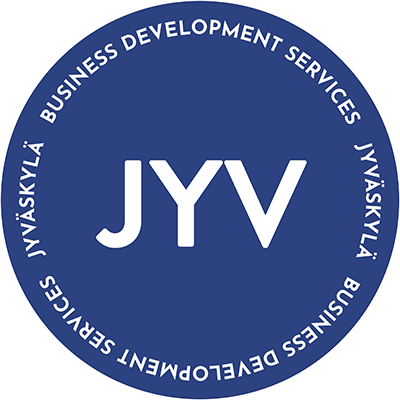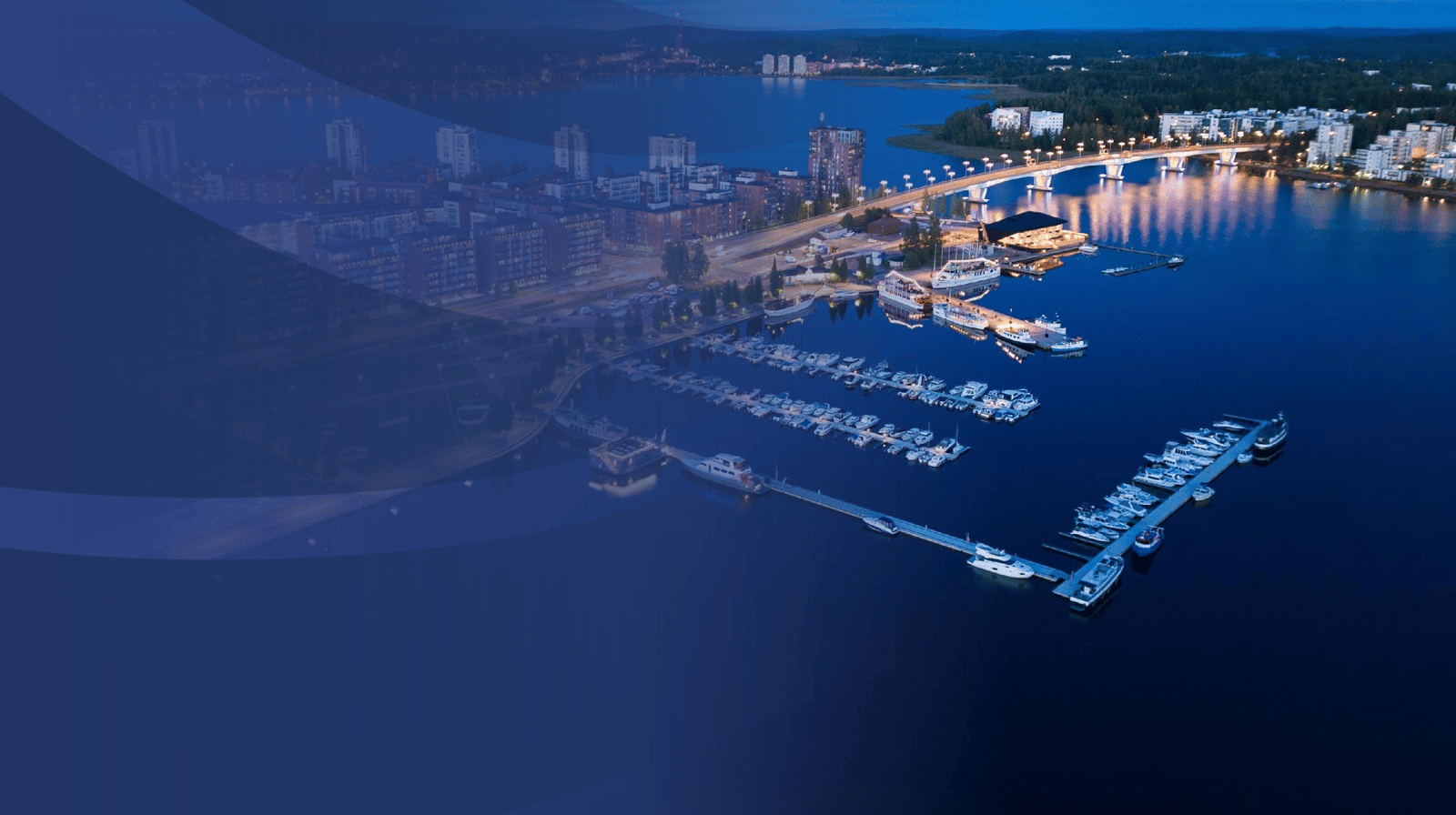Hydrogen unites businesses
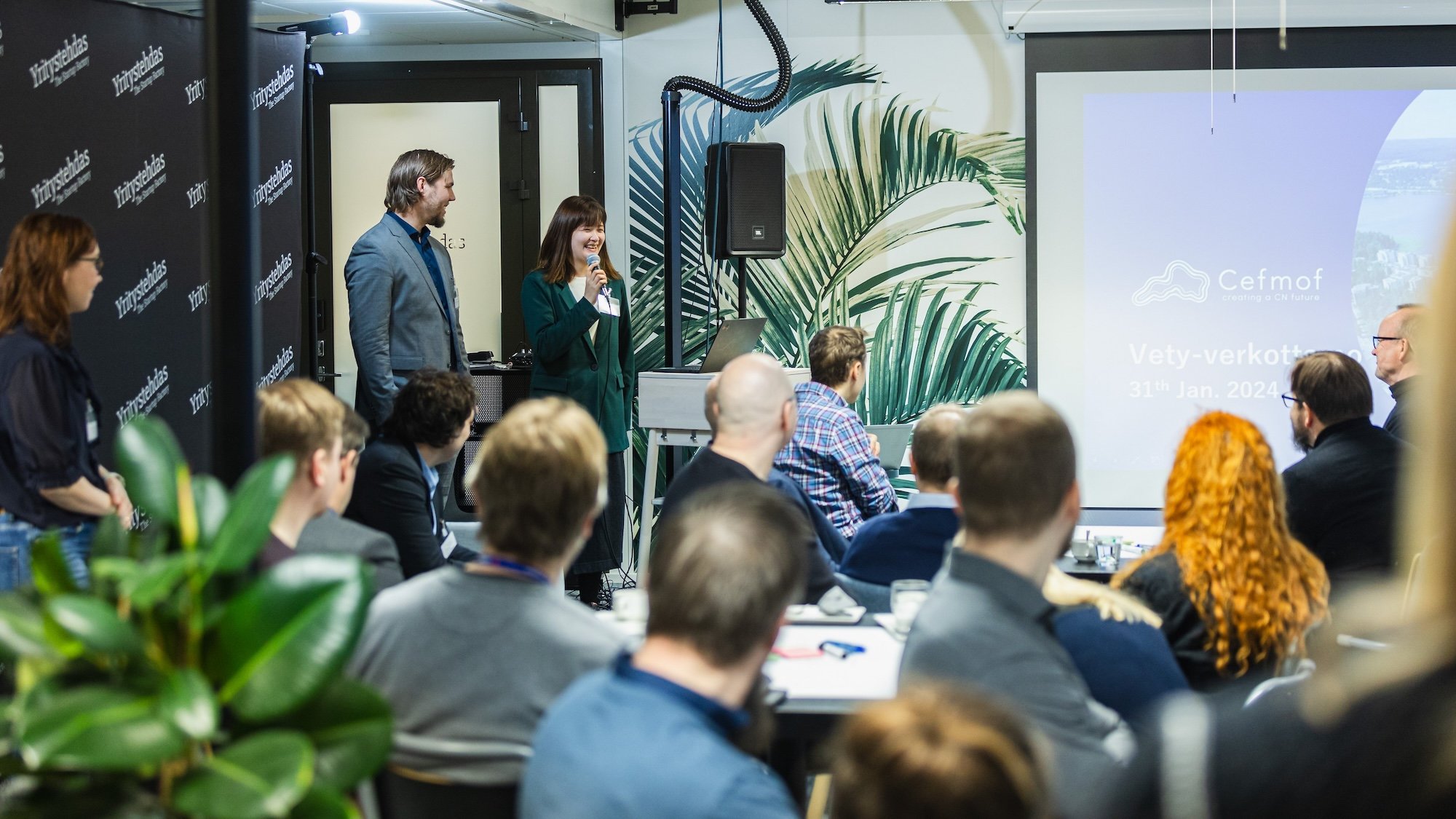
Central Finland possesses excellent conditions to establish itself as a new regional growth engine within the hydrogen economy. Alongside robust expertise and favourable geographical positioning, the growth of Central Finland's hydrogen economy is supported by the newly established Central Finland Mobility Foundation. The foundation's core mission is promoting carbon neutrality and advancing hydrogen society.
In the Hydrogen Networking Hub of the City of Jyväskylä, enthusiastic discussions arise as participants collectively explore the possibilities of the hydrogen economy. The attendees include representatives from a wide range of research and educational institutions as well as businesses.
Timo Harju, the Program Manager for the Innovative Industry Network at the City of Jyväskylä, reveals that the potential of a hydrogen economy for Central Finland has been under consideration and planning for a couple of years.
– As we continuously seek new solutions to meet carbon neutrality requirements, it's natural also to examine the role of the hydrogen economy in Central Finland, he explains.
Could logistics and energy storage lay the foundation for Central Finland's hydrogen economy?
Undoubtedly, Jyväskylä's strength lies in its unique location in the heart of Finland and its role as a logistical hub in the "Highway 4 corridor." The hydrogen strategy has been developed in collaboration with the City of Jyväskylä, the Regional Council of Central Finland, the University of Jyväskylä, Jamk University of Applied Sciences and VTT (Technical Research Centre of Finland). Driven by its location, the regional hydrogen strategy has focused on logistics and transportation opportunities.
– Jyväskylä provides a natural environment for the development of hydrogen-based transportation. Of course, we first need our own refuelling station to avoid driving to Umeå or Stockholm for refuelling, Harju amuses the audience.
Jyväskylä's location is also excellent for considering electricity storage.
– There are areas around us where solar and wind power projects are being developed, which hydrogen could also be linked to because it is currently the best solution for long-term electricity storage, says Harju.
– Hydrogen is also linked to the production of synthetic fuels. In Central Finland, we have plenty of biobased carbon dioxide available. From this perspective, Finland is an attractive place for investments.
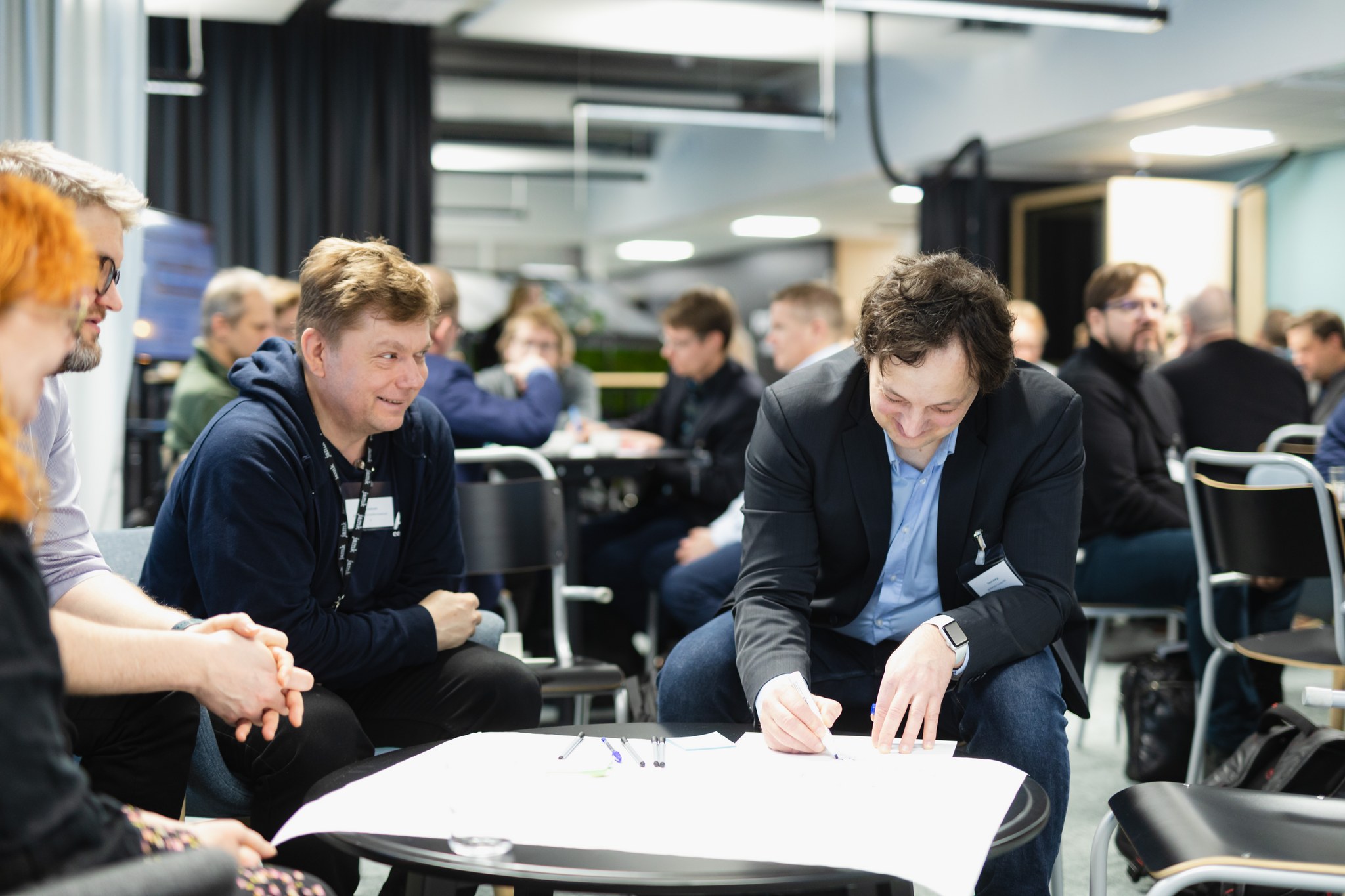
The goal of the City of Jyväskylä is to bring together the expertise and businesses in the region and provide a networking and collaborative environment where parties have the opportunity to progress on the path of research, business development, or collaboration. The Hydrogen Networking Hub organised at the end of January is a good example of this kind of event.
VTT, the University of Jyväskylä, and JAMK (University of Applied Sciences) have been active in initiating new development and research projects around hydrogen technology. Other positive developments over the past six months include the partnership with Toyota, which was established through a cooperation agreement at last year's Secto Rally event, and the establishment of the foundation, Cefmof, a few weeks ago.
– The establishment of the foundation has helped us and research organisations further identify our complementary roles. I believe collaboration will bring us a lot of solid expertise and new opportunities, Harju acknowledges.
Cefmof's mission: a carbon-neutral society
Toyota GAZOO Racing World Rally Team, Toyota Mobility Foundation, and the City of Jyväskylä have jointly established a foundation, Central Finland Mobility Foundation (Cefmof), which has just started its operations.
The foundation's mission is to promote a sustainable society—pursuing carbon neutrality and supporting the development of a hydrogen-based society, particularly around sustainable mobility. Haruka Arai, appointed as the Executive Director of the new foundation, emphasises the importance of collaboration in fulfilling the mission.
– Sustainability is a significant theme for Toyota Group as well. However, we cannot create a sustainable society alone; it is built together with the local community, citizens, businesses and educational institutions, Arai remarks.
Arai and Deputy Executive Director Lauri Perämäki explain that in its inaugural year, the foundation will focus on kickstarting operations and planning future projects.
– The hydrogen economy is a significant enabler for us in aiming for a carbon-neutral society. This year, we intend to bring together various stakeholders for joint planning and to build a vision of a Central Finnish hydrogen ecosystem, they outline.
Both stress that Cefmof aims to support specifically the use of green hydrogen.
– It's essential that in the journey towards carbon neutrality, hydrogen isn't merely utilised as an energy source but is also produced sustainably, Perämäki emphasises.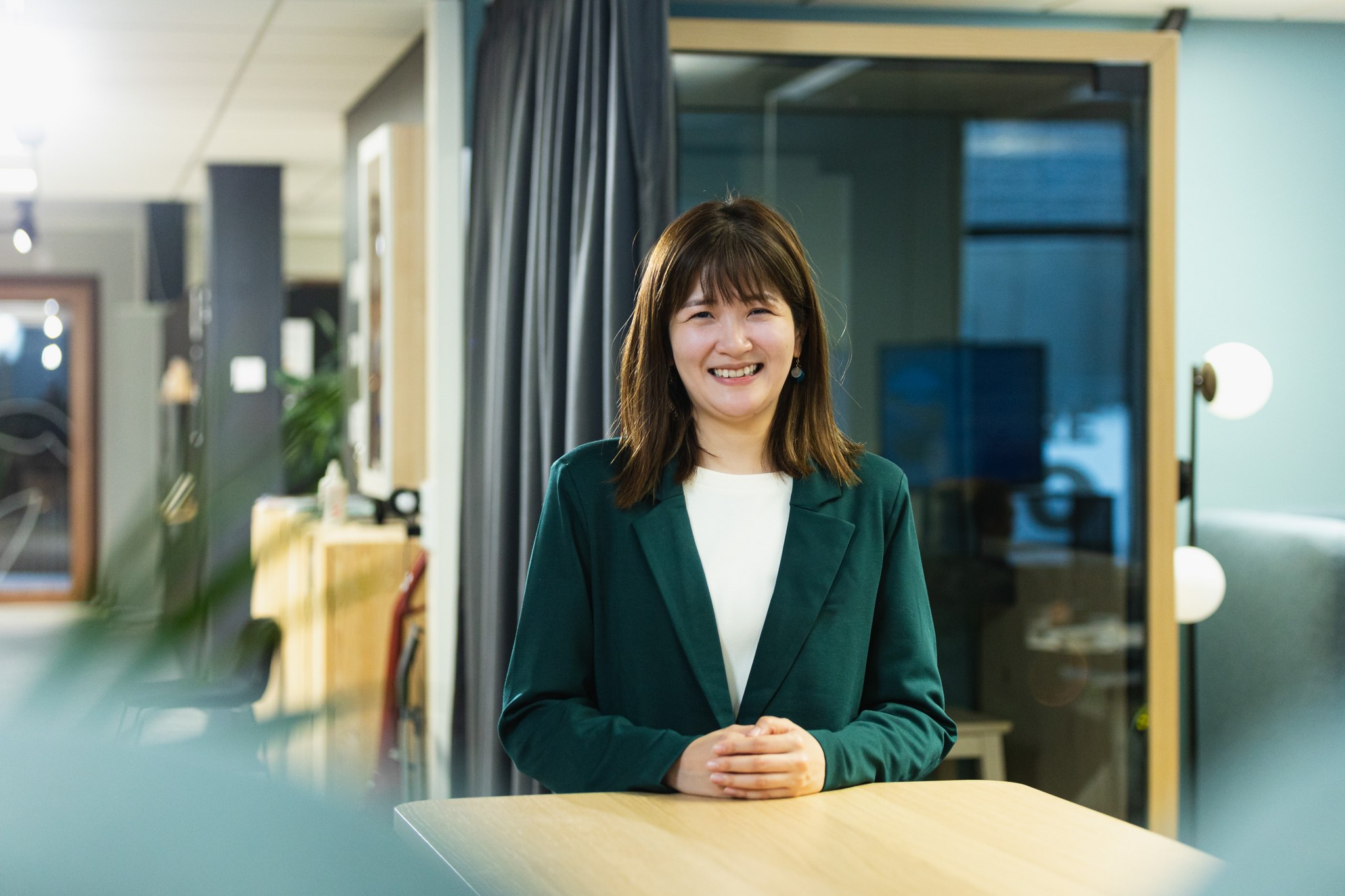 Previously working as an investment director at NTT DOCOMO Ventures, a subsidiary of the Japanese telecommunications company NTT DOCOMO, Cefmof's Executive Director Haruka Arai is accustomed to building networks and working closely with startup companies. She looks forward to fruitful cooperation with companies and stakeholders also in Central Finland. According to her, Jyväskylä's strengths include higher education, expertise, and innovation work.
Previously working as an investment director at NTT DOCOMO Ventures, a subsidiary of the Japanese telecommunications company NTT DOCOMO, Cefmof's Executive Director Haruka Arai is accustomed to building networks and working closely with startup companies. She looks forward to fruitful cooperation with companies and stakeholders also in Central Finland. According to her, Jyväskylä's strengths include higher education, expertise, and innovation work.
Arai moved from Tokyo to Jyväskylä in January.
– The reception here has been extremely friendly, she praises. Her Finnish favourites are sauna and Moomins.
– I'm looking forward to getting to know Finnish culture even better, she smiles.
Promoting innovative solutions for sustainable mobility
Promoting innovations is a cornerstone of the foundation's mission.
– We want to support and develop technologies that aren't yet widely used but hold great potential for the future, Arai and Perämäki say.
Carbon neutrality is also promoted through projects beyond hydrogen initiatives. For instance, Cefmof supports Jyväskylä City's Winter Mobility project, which aims to enhance winter maintenance by collecting weather data from various sensors across the city. The project integrates data-driven management into operational management and simultaneously improves the quality and resource efficiency of winter maintenance. In addition, it provides reliable and real-time information tailored especially to urban residents who prefer sustainable modes of transportation regarding factors such as ploughing, slippery conditions, or other factors affecting mobility.
Arai believes that Cefmof will evolve into an intriguing collaboration hub for businesses and organisations in Central Finland seeking sustainable growth.
– That's what we hope for—strong collaboration, she concludes.
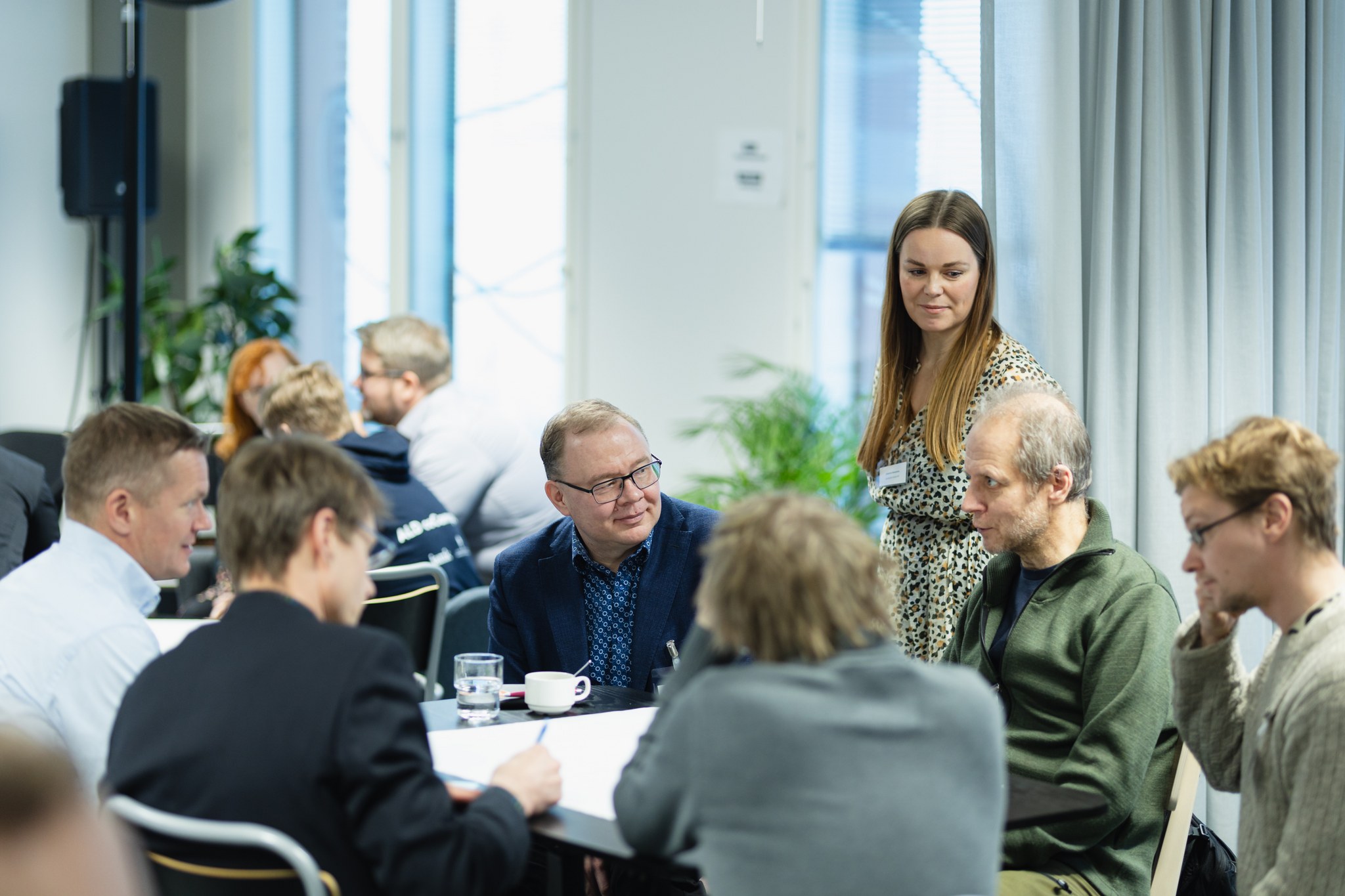
Central Finland needs strong network development
In the Hydrogen Networking Hub, there was a strong consensus about the opportunities the hydrogen economy offers. According to Timo Harju, Central Finland needs to sharpen its profile and engage in active collaborative development to have good prospects for strengthening its role on the national hydrogen roadmap.
– In addition to network development, it is helpful to strive to identify flagship projects that are suitable for us and contribute to advancing the development, Harju says.
– We also hope to involve major industrial leaders and public sector actors in network development. The need for continued collaboration and networking is significant, and it will undoubtedly continue, he promises.
This article is part of the Research and Technology Services Development Project, which aims to improve the accessibility of research and technology services and accelerate investments in research, development, and innovation (RDI) by small and medium-sized enterprises (SMEs) in Central Finland through better services.
The project is coordinated by Economic Development Services of the City of Jyväskylä in collaboration with Jyväskylä University and Jyväskylä University of Applied Sciences, supported by funding from the Central Finland Regional Council (EAKR, 2023–2025). The project contributes to Innovation Ecosystem of Jyväskylä and Central Finland.

Teksti: Annukka Ollitervo
Kuvat: Tero Takalo-Eskola
